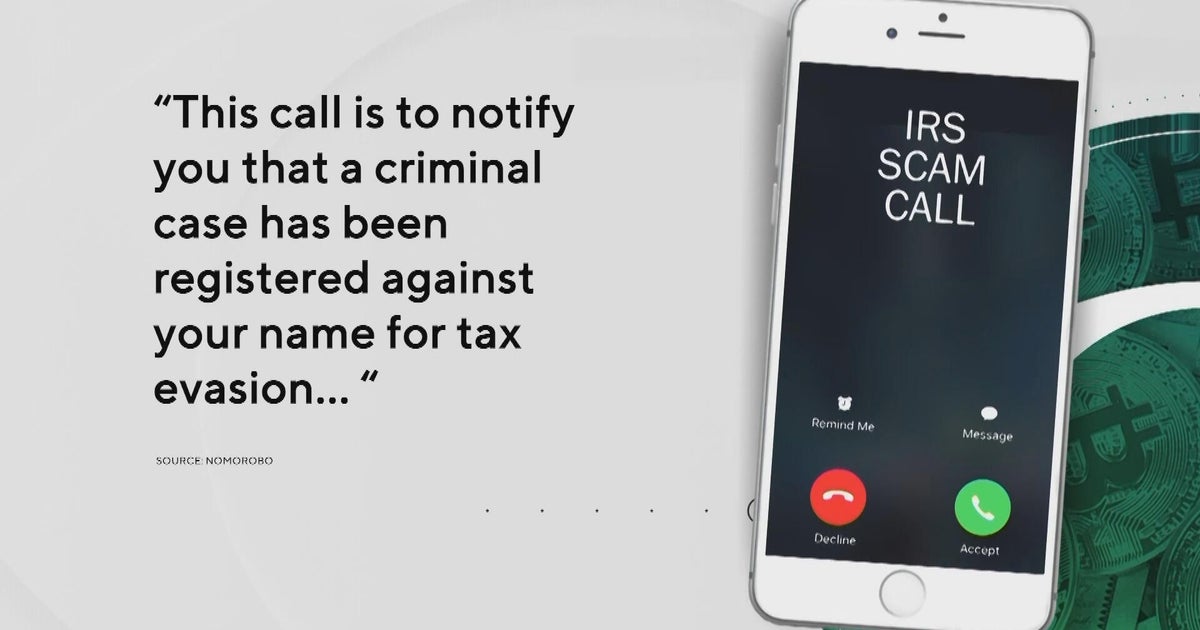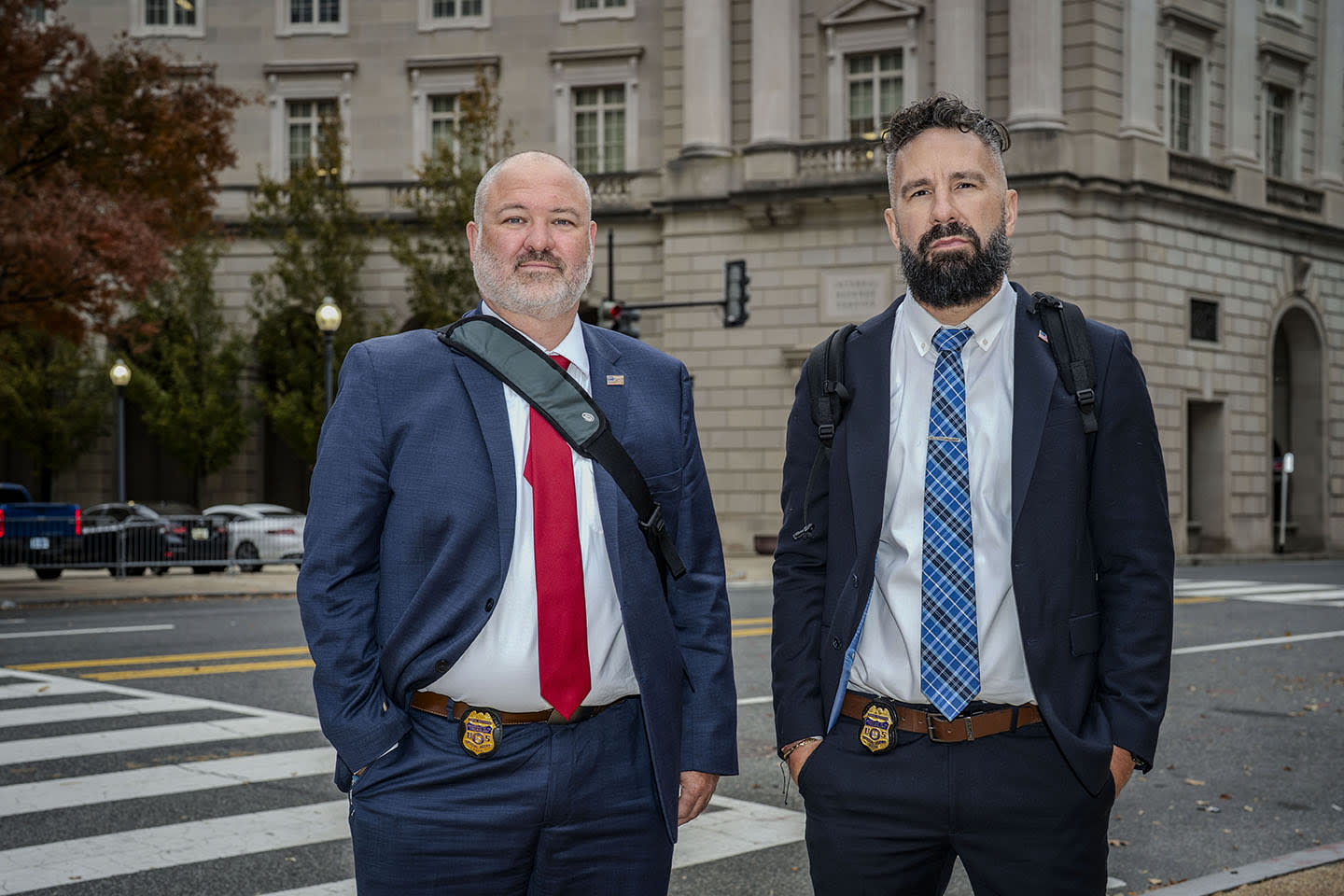It's time to use -- or lose -- your 2017 FSA money
With all the holiday craziness, yet another end-of-the year shopping spree is going on. It's that last dash to use up the remaining dollars in your health care flexible spending account (FSA).
FSAs can be a blessing -- and a curse.
A blessing because you pay for IRS-qualified health care expenses with pretax dollars saved in a special account all year. Depending on your tax bracket, you get the equivalent of a 15 percent to more than 30 percent discount on qualified medical expenses such as co-pays, co-insurance, deductibles, prescription drugs, some over-the-counter medicines, eye glasses, contacts, dental care and medical supplies. (What's definitely not included: your health insurance premiums.)
Employer rules may vary, but the IRS limit on FSA contributions for 2018 is $2,650, $50 more than the limit for 2017.
FSAs can be a curse because of the "use it or lose it" rule. In most cases, you must spend the money you put aside in an FSA account in the prescribed time period, often the calendar year. If you end up with unspent funds, those dollars go back to your employer's coffers.
That's why you see those ads at the optical stores this time of year encouraging you to use your FSA dollars on a new set of specs, or the reminders from your dentist that you're overdue for a cleaning just in time for the final FSA deduction.
If you're in the midst of this unplanned spending spree, you're not alone. "The average FSA holder wastes an average of $50 to $100 dollars," said Ijeoma Iruke, director of consumer education at FSAstore.com, a web retailer that specializes in selling FSA-qualified medical items.
Before you buy, double-check your employer's rules. Many companies offer a two-and-a-half month extension on your calendar year FSA, meaning you have until mid-March 2018 to use your 2017 FSA contributions on qualified expenses. Other employers may allow you to carry over up to $500 in FSA funds to use in the following year. An employer can offer the grace period or the carryover, but not both.
In addition, employers that offer other health care spending benefits may have a more restricted list of qualified medical expenses than the general list the IRS uses.
Whether you're looking to spend unused end-of-year FSA money now or you're interested in how to make the most of your FSA dollars next year, Iruke offers the following advice.
Over-the-counter medicines and drugstore products
Many medicines you can normally buy without a prescription for chronic conditions are eligible for FSA spending, but there's a catch. You still need a prescription from your doctor. Usually this isn't a problem, just an additional step.
Allergy medicines are a good example. Brand names like Claritin get pricey. You can save a bit by using FSA dollars, but to do so, you need to ask your doctor to write a prescription. Same is true for aspirin for heart ailments or arthritis, and many other conditions. Always tell your physician you have an FSA and ask what's the best way to proceed.
In the meantime, you may be making regular drugstore purchases that you didn't realize are FSA-qualified. Sunscreen with an SPF of 15 or higher (or bug repellent with a 15+ sunscreen), for example. Or saline solution and cases for contact lenses, some acne treatments and various first-aid kits. Make sure you save receipts.
Medical equipment and supplies
The list of qualified expenses in this category includes major medical supplies such as wheelchairs, heart-rate monitors, blood-sugar monitors and diabetes supplies.
But don't overlook those everyday purchases such as Ace bandages, heating pads, ear thermometers and even Band-Aids.
The IRS has a complete list of approved purchases. But keep in mind, this list isn't always the same as your company's. So always check in with your benefits or human resources departments.
Mental health expenses
Co-pays and co-insurance for mental health and substance abuse rehabilitation are qualified expenses. If you seek therapy outside of your insurance network and receive uninsured treatment, in most cases you can use FSA dollars to pay those fees. Sometimes you may need to get a recommendation from your general practitioner or other health care professional.



